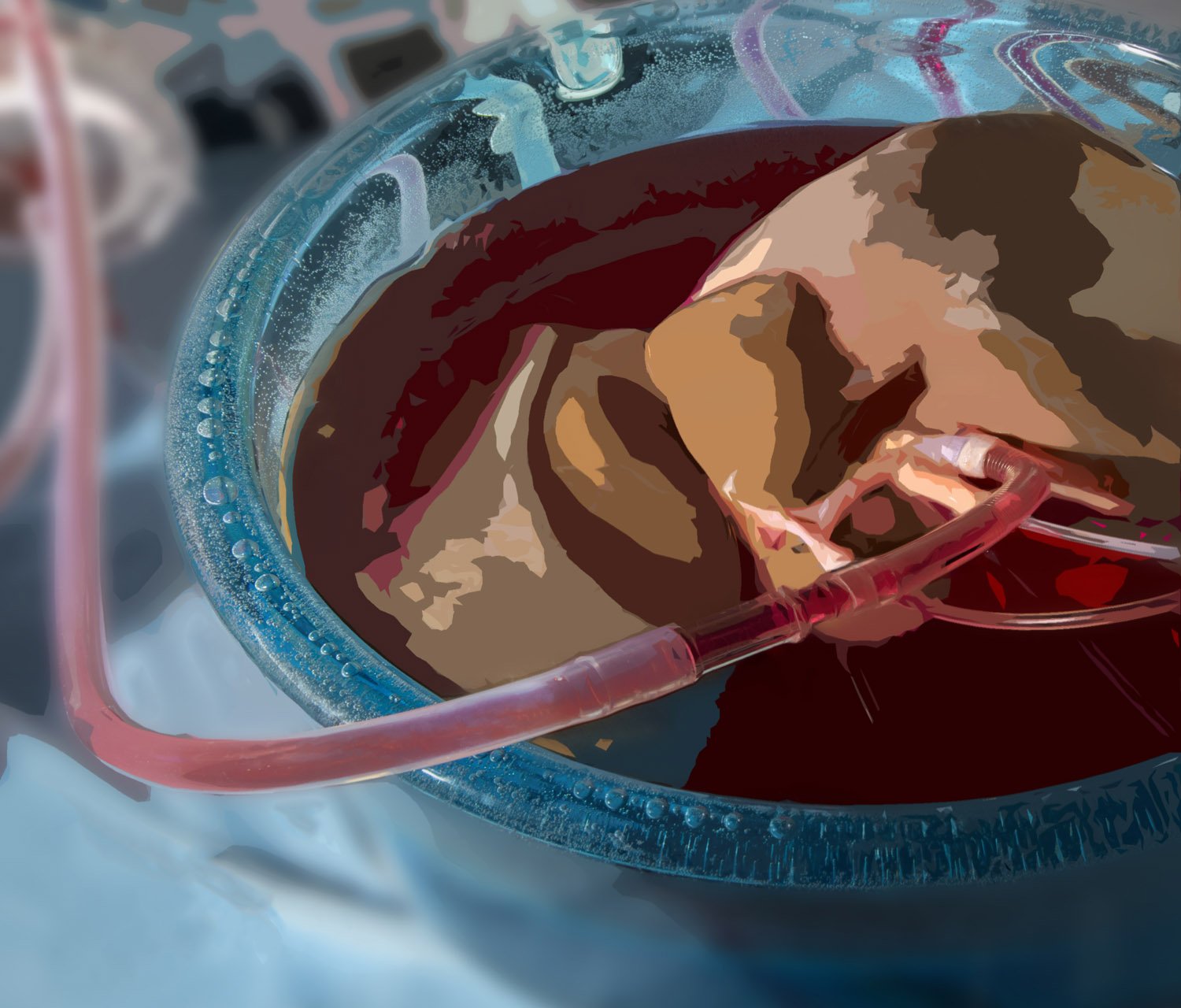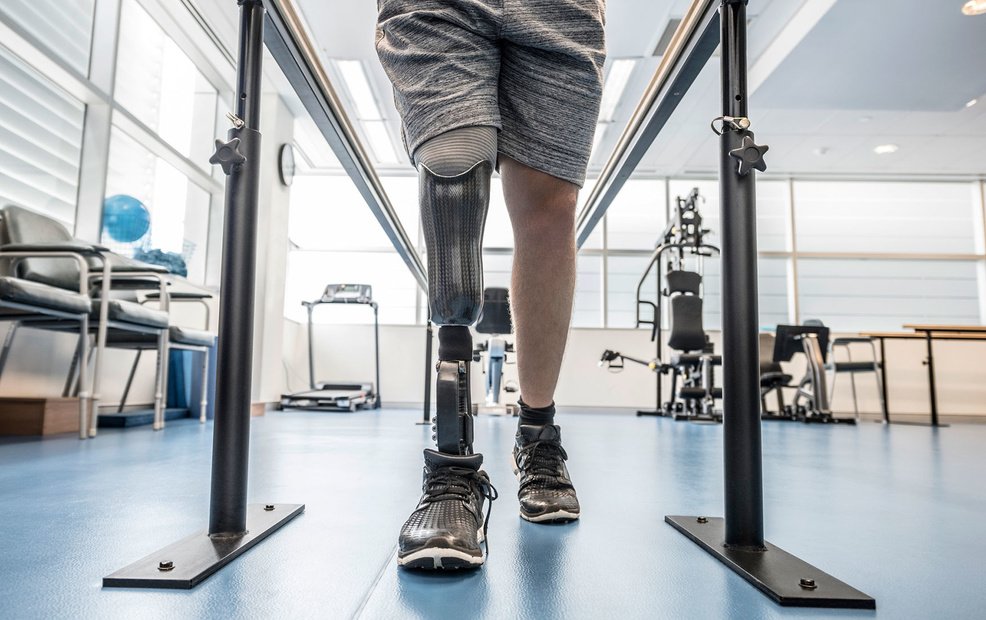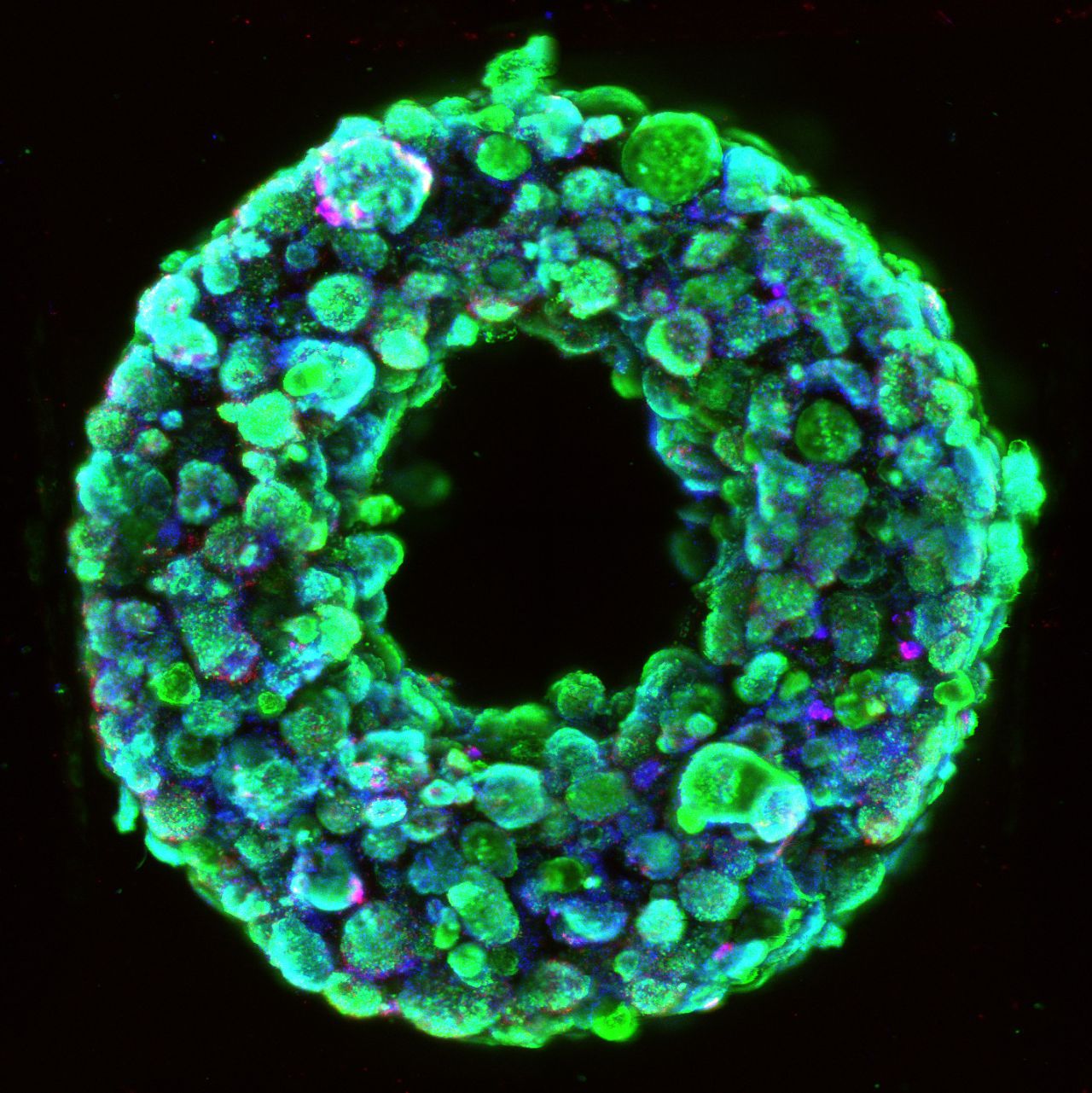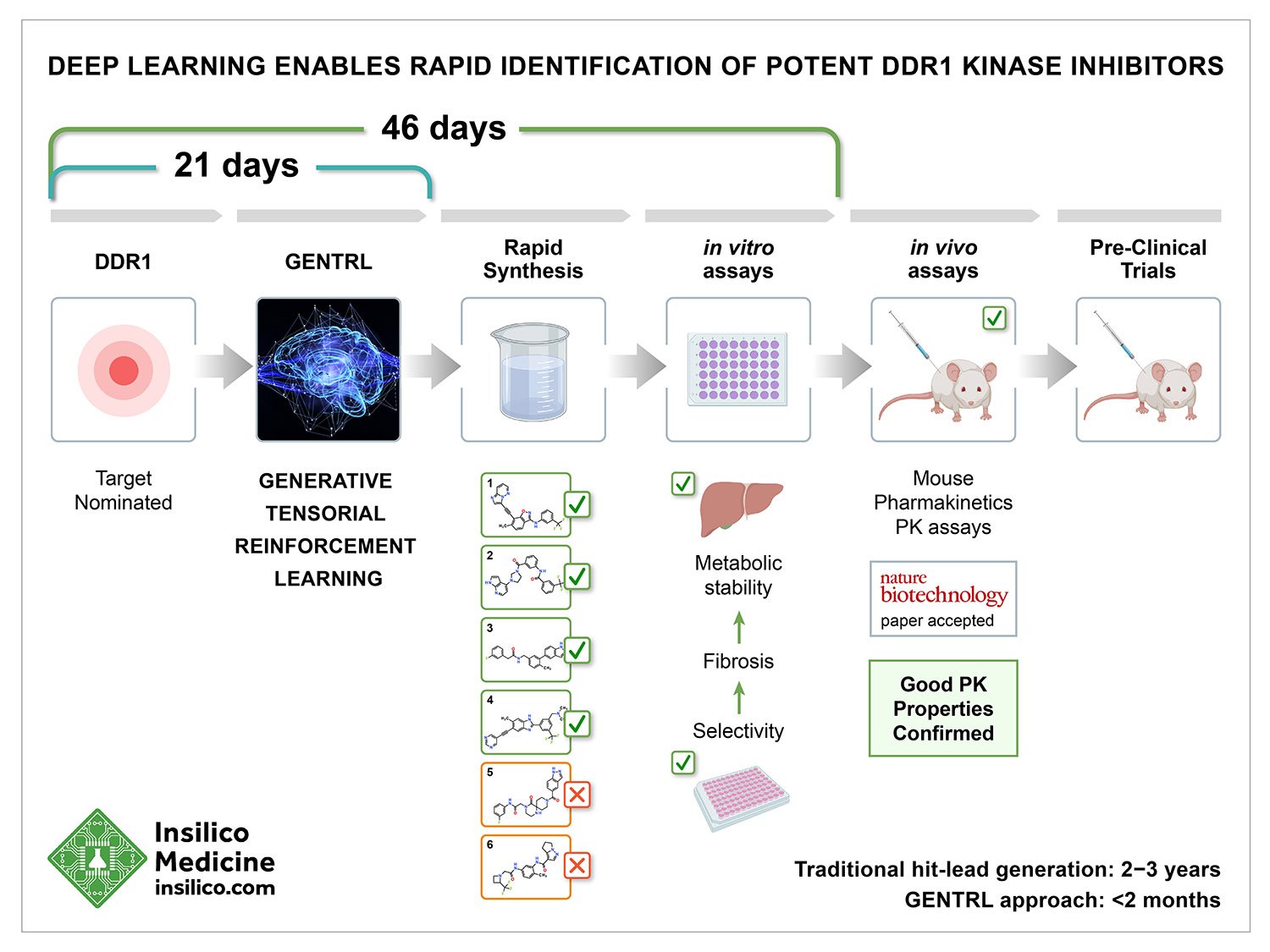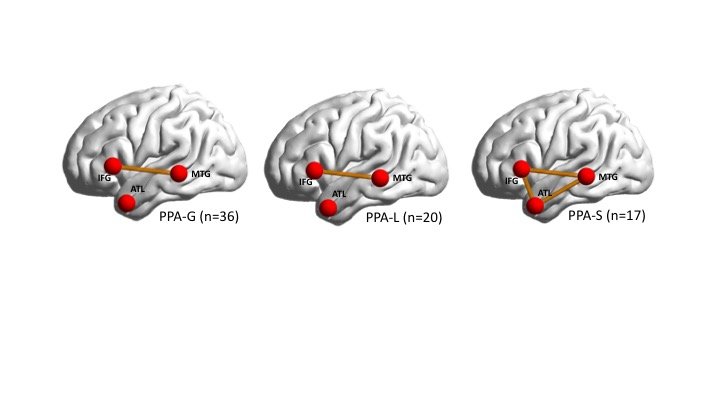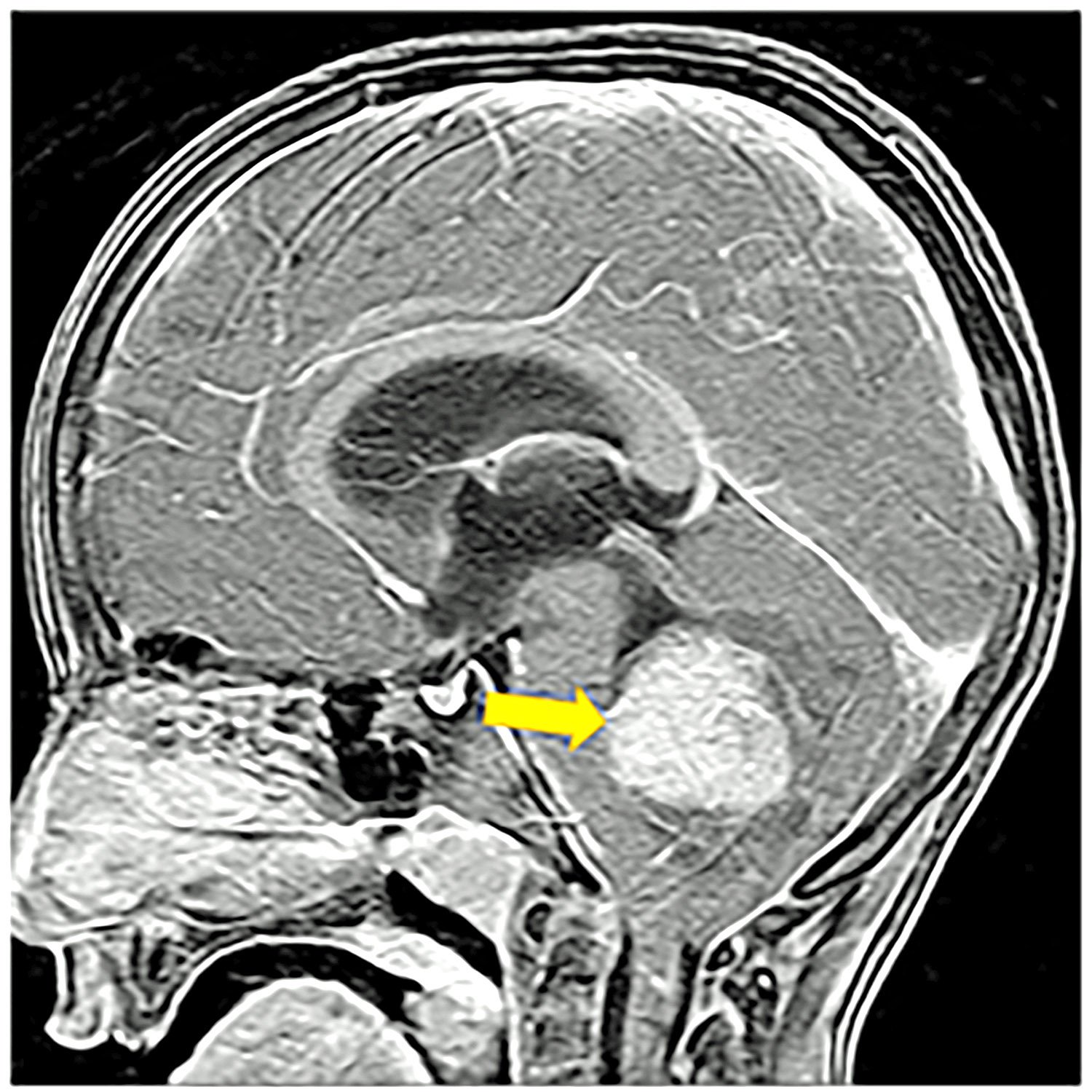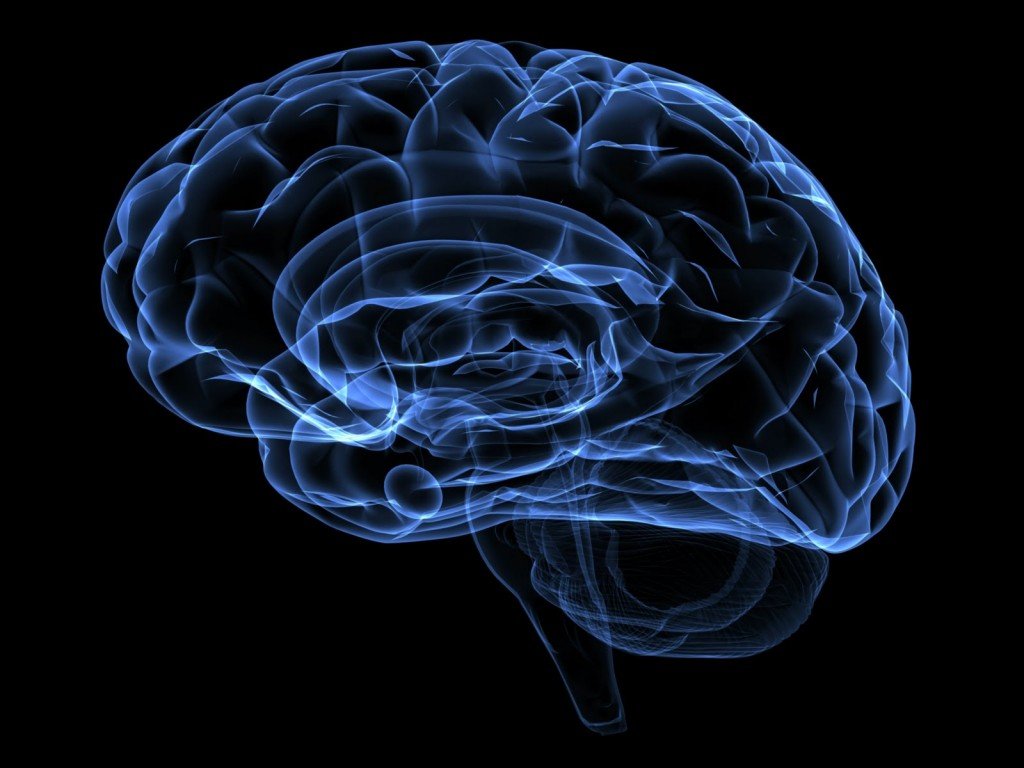A ‘super-cool’ method for improving donated liver preservation
A new method for super-cooling human donor livers to subzero centigrade temperatures without freezing can triple the time that a donor organ stays safe and viable during transportation from the donor to the recipient. This development could greatly expand the availability of healthy livers for transplantation, improve organ utilization, and reduce some of the time … Read more
